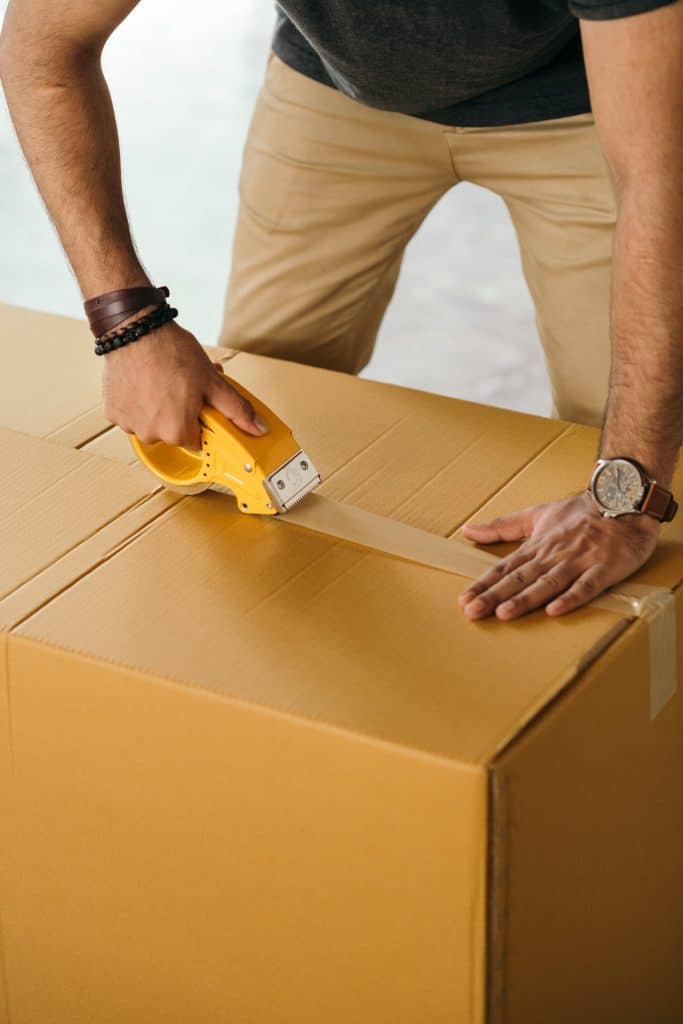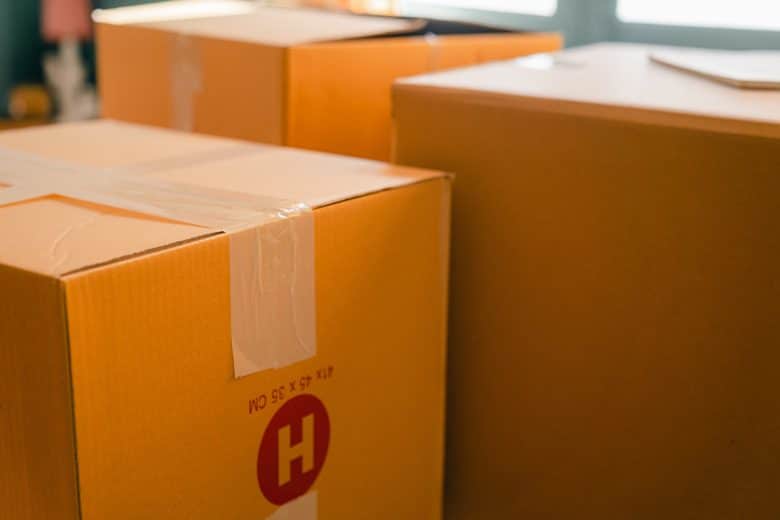Big brands have big buying power. There’s no getting around that. They can often buy bulk goods at the lowest possible prices from all across the globe, considerably lowering their overall costs. You probably can’t do the same. But you can take advantage of an amazing cost-cutting tactic that most big brands can’t: Section 321.
First, Put Your Finger on the Problem
Tariffs to bring goods into the U.S. are just too expensive, especially with the recent rise in rates we’ve seen as a result of the trade war between the U.S. and China, where many goods that are shipped in bulk come from. For your business to be competitive you need to stop paying these high import taxes. That’s where Section 321 can help.

The Basics of Section 321
What exactly is Section 321? A statute in US Customs and Border Protection (CBP) legislation, Section 321 allows goods to enter the United States tax and duty-free. Put simply, there are zero fees to bring these goods in. Not all goods — only those that qualify to receive special Section 321 designation.
How do goods get Section 321 status? For one, they have to be in shipments that are valued at under $800 USD. And you can’t just break down big shipments into smaller shipments at the border to qualify. If they’re all part of one contract or one order, multiple lots valued at under $800 each still don’t meet the criteria.
How can I capitalize on Section 321? At first glance it may not seem useful at all; you probably buy goods in shipments worth more than $800. And your goods have to pass through the US border. But that doesn’t have to stop you from avoiding US tariffs. Not if you ship your bulk goods to Canada. Just across from the US border, the import taxes are considerably lower than those in the U.S.
Delving into the Details
There are some restrictions for goods to qualify for Section 321clearance. For example, alcoholic beverages for commercial use or resale don’t qualify. The same for some tobacco products not for personal use. And some textiles. Goods that require inspection and some that fall under the purview of a few different U.S. regulatory agencies don’t qualify. But the list of goods that can come in duty-free far exceeds those that can’t.
So, what can be brought in under Section 321? Well, that’s a long list! Goods that can come in tax-free include beauty products, nutritional supplements, dinnerware, candy, coffee, and various medical devices. Plus lots of different food items, just to name a few things.
Figuring it all out for yourself may feel daunting. But you don’t have to! A good Canadian fulfillment company can handle the details for you, delivering your goods to your front door at big savings.

Canadian Fulfillment Companies Explained
Designed specifically for Section 321 transactions, these Canadian-based companies serve as middlemen. They receive your bulk shipments, coming into Canada at lower costs than they would to the U.S. The companies store the shipments and then send them to you in smaller parcels, using US carriers south of the border. They don’t do it for free, of course, but the fees you pay for Canadian fulfillment are far less than you would otherwise pay in tariffs at the US border.
And they handle everything. There’s no need for you to get bogged down in the inventory logistics during transit, order processing, and all of the functions that go with shipping goods from their original locations to final destinations. Let the shipping pros handle all of those details, freeing you to focus on other ways to effectively compete against your big competitors.
So are you ready to dramatically decrease your importation costs? If so, Section 321 might be your best way for you to give the big brands some stiff competition.












Great post! The Section 321 CBP regulation has truly transformed e-commerce by allowing faster, duty-free entry of low-value shipments into the U.S. This provision lets businesses ship goods valued at $800 or less without incurring extra tariffs, which helps small businesses and customers alike. However, it’s essential to stay updated on compliance requirements, as CBP rules are critical for smooth cross-border transactions. Thanks for sharing!